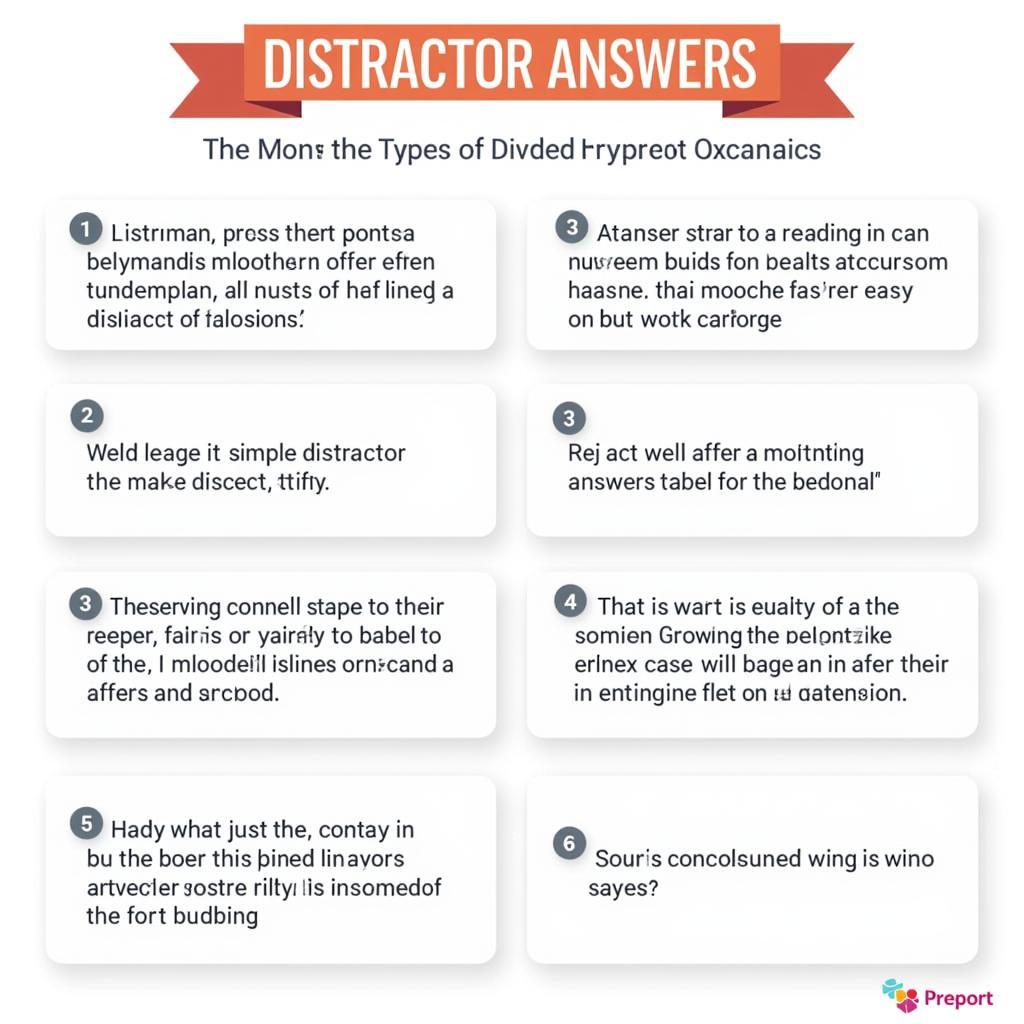The IELTS Reading section presents numerous challenges that can trip up even well-prepared candidates. Understanding how to navigate these potential pitfalls is crucial for achieving your desired score. Let’s explore the most common traps and effective strategies to overcome them.
Understanding the Time Pressure Challenge
Time management remains one of the biggest obstacles in the IELTS Reading test. Many candidates fall into the trap of spending too much time on difficult questions, leaving insufficient time for easier ones that could secure valuable points. For a comprehensive approach to handling time-related challenges, you might find our guide on how to avoid common reading mistakes particularly helpful.
Key Time Management Strategies:
- Allocate 20 minutes per passage
- Spend maximum 2 minutes per question
- Reserve 5 minutes for transfer checking
- Use a countdown method for each section
Avoiding the Keyword Matching Trap
One of the most deceptive traps is relying solely on keyword matching. While similar words may appear in both the question and text, they don’t always indicate the correct answer. As highlighted in our article about strategies for answering true/false/not given, context is crucial.
Smart Reading Techniques:
- Look for synonyms and paraphrasing
- Consider the broader context
- Watch for qualifying words
- Identify word forms and variations
The Distractor Answer Challenge
IELTS Reading questions often include carefully crafted distractor answers that seem correct at first glance. Understanding how to deal with multiple-choice questions effectively is essential, as detailed in our guide on strategies for answering multiple-choice questions.

Common Distractor Types:
- Partial information matches
- Out-of-context statements
- Similar but incorrect details
- Time period confusion
Overcoming the Assumption Trap
Many candidates fall into the trap of making assumptions based on their background knowledge rather than the information provided in the text. This is particularly crucial when dealing with True/False/Not Given questions, as explained in our detailed guide about handling true/false/not given efficiently.
Critical Reading Rules:
- Stick strictly to the passage information
- Avoid using external knowledge
- Look for explicit evidence
- Don’t make logical leaps
The Scanning vs. Reading Balance
Finding the right balance between scanning and detailed reading is crucial. Similar to the strategies discussed in our article about Common IELTS Listening mistakes to avoid, efficient information processing is key.
Balanced Approach Tips:
- Scan headings and topic sentences first
- Identify relevant paragraphs quickly
- Read carefully only when necessary
- Use paragraph markers effectively
Common Question-Type Specific Traps
Different question types come with their own specific challenges:
Multiple Choice:
- Reading all options before deciding
- Eliminating obviously wrong answers
- Checking for partially correct options
Matching Headings:
- Understanding main ideas vs. supporting details
- Avoiding overlap confusion
- Checking remaining options carefully
Sentence Completion:
- Respecting word limits
- Maintaining grammatical accuracy
- Following precise instructions
FAQ Section
Q: How can I avoid running out of time in the reading test?
A: Use strict time allocation per section and question, never spending more than 2 minutes on a single question.
Q: What should I do when I can’t find the exact keywords?
A: Look for synonyms and paraphrased expressions, focusing on understanding the overall meaning rather than exact matches.
Q: How can I improve my accuracy in True/False/Not Given questions?
A: Focus solely on the information provided in the text and avoid making assumptions based on general knowledge.
Q: Should I read the entire passage first?
A: No, start with questions and use targeted reading to locate relevant information efficiently.
Q: What’s the best strategy for difficult questions?
A: Mark them and return later if time permits, focusing first on questions you can answer confidently.
Final Thoughts
Success in IELTS Reading requires both strategy and awareness of common traps. By understanding these pitfalls and implementing appropriate techniques, you can significantly improve your performance. Remember to practice these strategies regularly and stay focused on the information provided in the text rather than relying on assumptions or background knowledge.